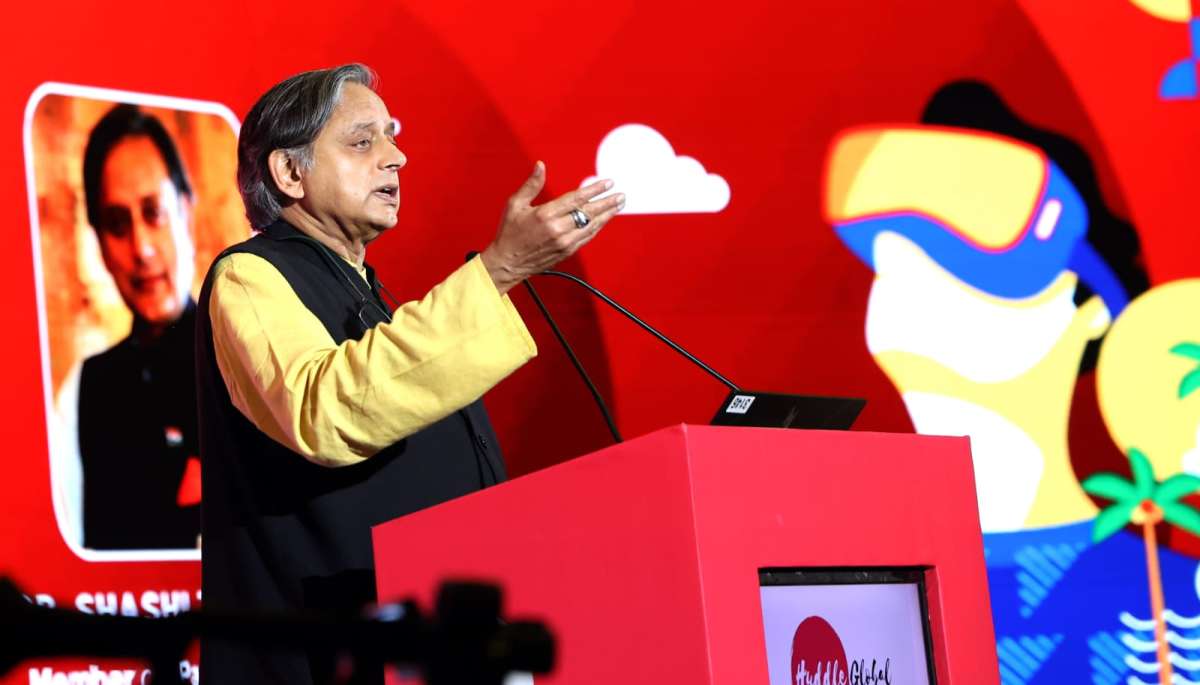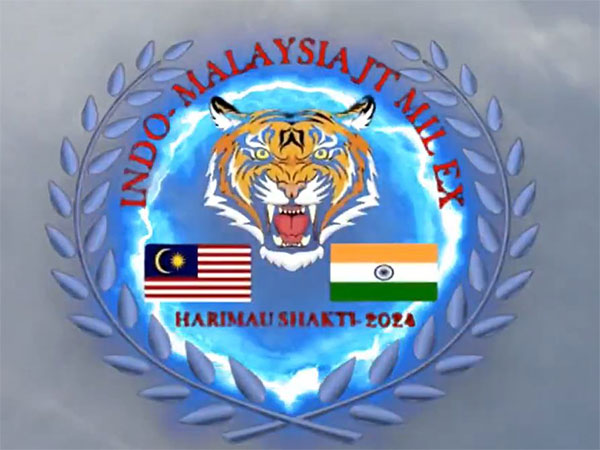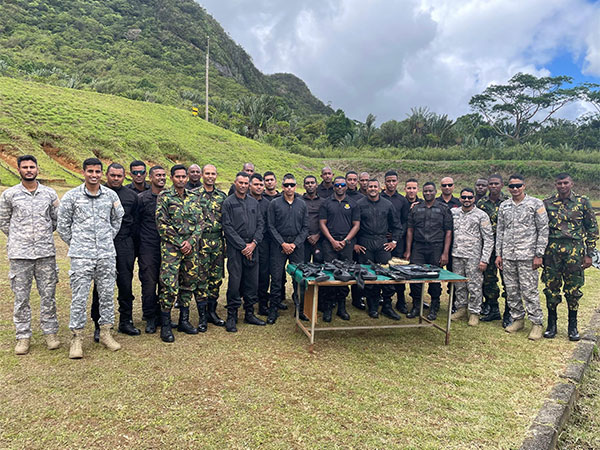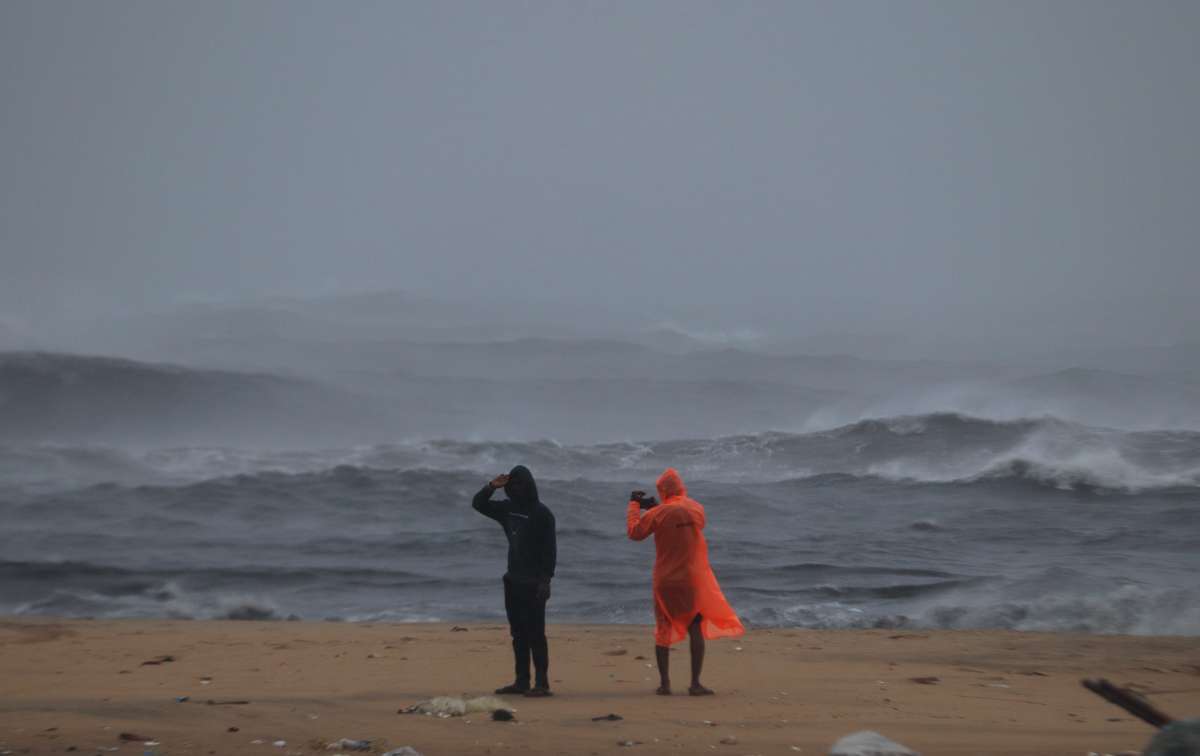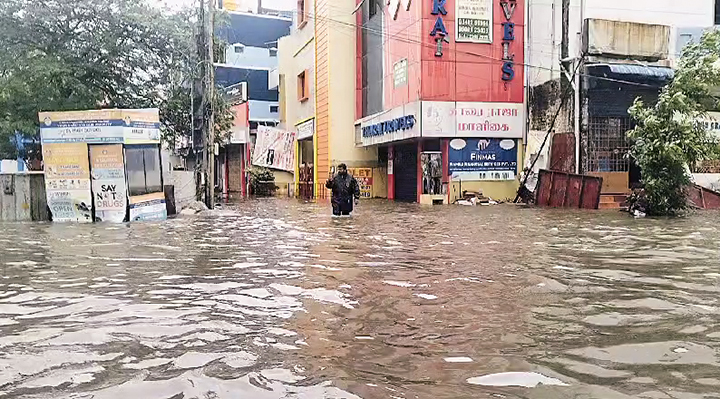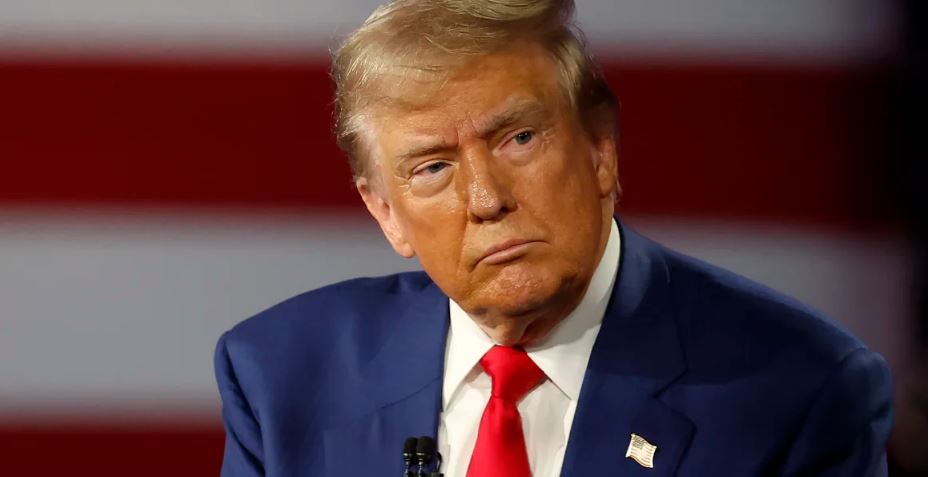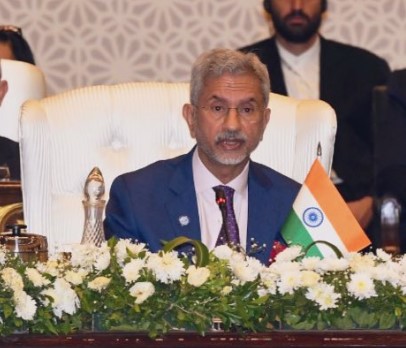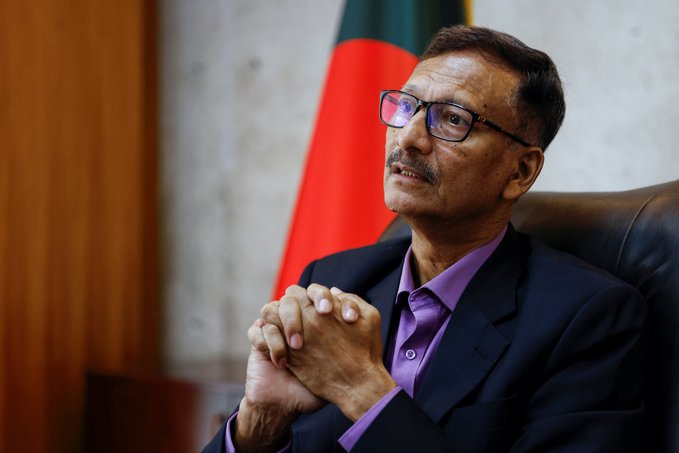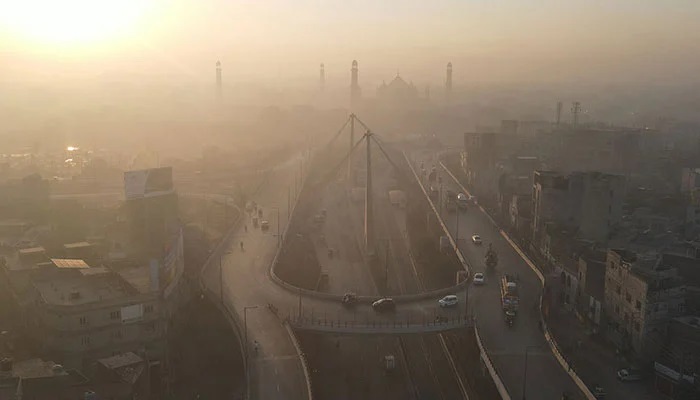Tharoor, a four-time Lok Sabha MP, said this while speaking at the Huddle Global 2024, India’s flagship startup conclave, here on Saturday. …reports Asian Lite News
Senior Congress leader and Lok Sabha MP from Thiruvananthapuram, Shashi Tharoor, has said that Kerala’s startup ecosystem has become a glittering jewel in the crown of India’s fast-growing startup landscape by demonstrating its prowess in innovation, inventiveness, sustainability, and inclusiveness.
Tharoor, a four-time Lok Sabha MP, said this while speaking at the Huddle Global 2024, India’s flagship startup conclave, here on Saturday.
Tharoor, an eminent writer, former diplomat, and thought leader, titled his address “The Elephant that is becoming a tiger: India’s Startup Ecosystem and tech entrepreneurship”, an obvious reference to his book “The Elephant, the Tiger & the Cellphone”.
While hailing the achievements of Kerala’s startup ecosystem, Tharoor said the state needs to further streamline regulatory compliances and procedures to enable aspirational entrepreneurs to start enterprises, attract capital, and grow faster.
“We need to simplify and streamline regulatory compliances and procedures by dismantling the oppressive red tape,” he added.
Tracing the evolution of the Indian startup ecosystem, the Congress leader said this was the time to think about making a single imaginative leap to add greater momentum to what has been achieved.
“The elephant is becoming a tiger as startups symbolise industriousness, innovation, and inventiveness, playing a vital role in the remarkable transformation of the country,” Tharoor added.
He also said that while coming out with novel and ingenious solutions, the startups have also shown that everything is reusable and re-imaginable.
“The surge of entrepreneurial culture also helped to turn India from a country of job-seekers to a job-creating economy, though it is a paradox that increasing unemployment has sharpened the youth’s entrepreneurial spirit,” he added.
Lauding Kerala Startup Mission for positioning its flagship startup festival into a major event that brings together the entire spectrum of stakeholders, Tharoor said “it is amazing” that a lot of products from robots, home automation, and medical technology from the startups are displayed here
Indian Innovators Secure $145M
The domestic startup ecosystem raised more than $145 million, as investor confidence is reviving in the country when it comes to VC funding.
Publicly-listed gaming firm Nazara raised $101.3 million via a preferential share issue, led by investors like SBI Mutual Fund, Caratlane founder Mithun Sacheti, and Aamara Capital.
ShopDeck, a direct-to-consumer (D2C) e-commerce enabler, raised $8 million in funding led by Bessemer Venture Partners, with participation from Elevation Capital, Venture Highway, and Chiratae Ventures.
ShopDeck empowers sellers across categories, including clothing, jewellery, footwear, and home decor, driving over $150 million in annual sales.
MSME-focused digital lender NeoGrowth raised up to Rs 42 crore (nearly $5 million) in debt funding from UTI International Wealth Creator.
Elchemy, a tech-driven cross-border speciality chemical distribution platform, secured a $5.6 million Series A funding round. The round was led by Prime Venture Partners, along with participation from existing investor InfoEdge Ventures.
Ukhi, a pioneering biomaterials startup, secured $1.2 million in pre-seed funding to accelerate its mission to develop novel, biodegradable, and compostable biomaterials aimed at transforming the sustainable packaging industry.
A total of 984 venture capital (VC) funding deals were announced in India during January-October 2024, which was a year-on-year (YoY) improvement of 5.8 per cent in deal volume.
The total disclosed funding value of these deals jumped by 44.4 per cent YoY to $9.2 billion during the same period, according to GlobalData, a leading data and analytics company.
Investor confidence seems to be reviving as India demonstrates significant improvement in VC funding activity during the year compared to peer countries, the report mentioned.
India accounted for 7.1 per cent share of the total number of VC deals announced globally during January-October 2024,
ALSO READ: AI Powers India’s Green Push
